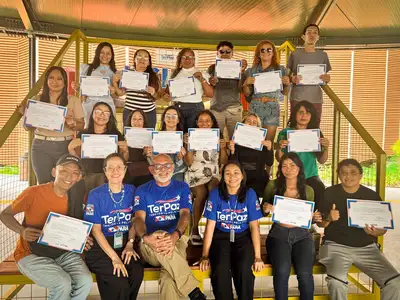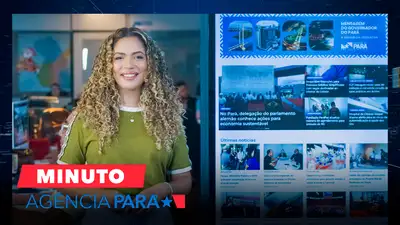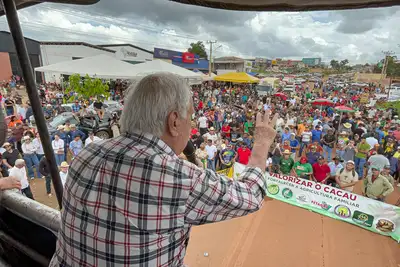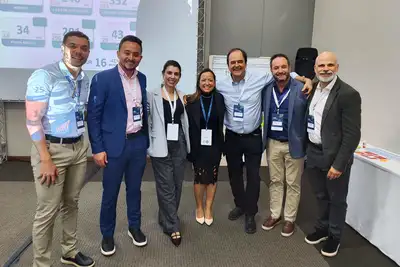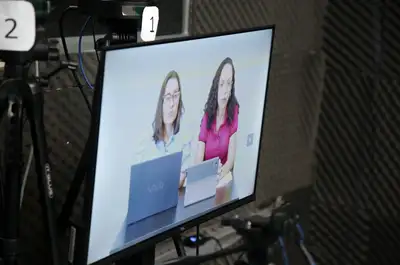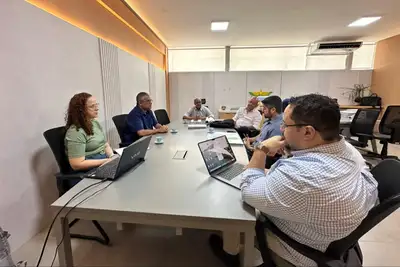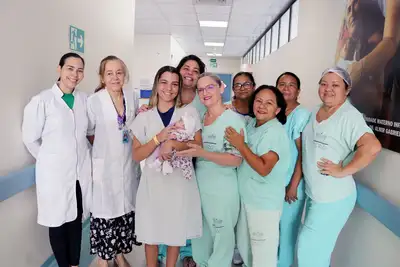Uepa hosts the I State Plenary on Music Education
Event promoted by the Empodera group from Uepa takes place on the 28th and is open to the public
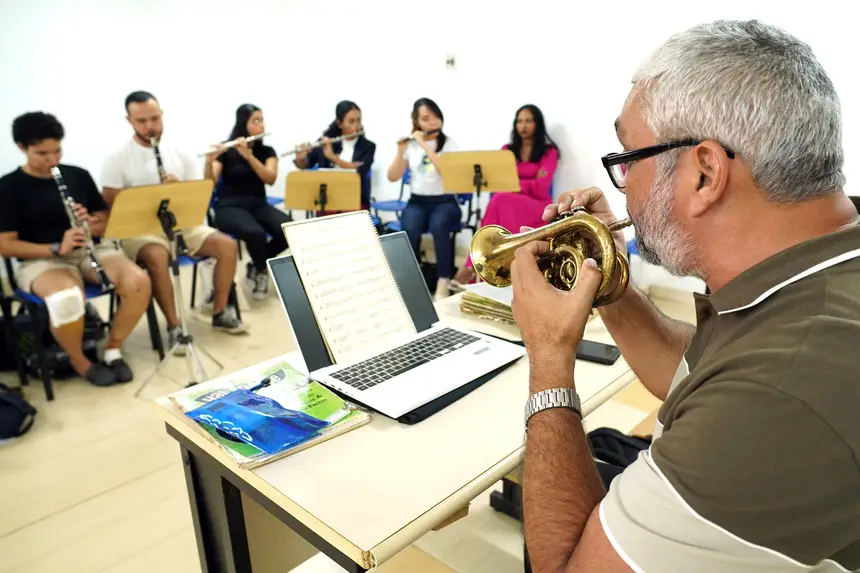
The Research Group on Music Education, Policies, Decolonialities, and Resistance (Empodera) from the State University of Pará (Uepa) will hold the I Plenary on Public Policies in Music Education in Pará next Tuesday (28). The event will start at 5:30 PM in the Paulo Freire Auditorium at the Center for Social Sciences and Education (CCSE), campus I, in Belém. The activity is open to the public.
The plenary aims to bring together educators, researchers, students, and managers in a broad dialogue about strengthening music education in the state, with an emphasis on public education networks. The central proposal is to discuss strategies for valuing specific teacher training in Music and for consolidating public policies that ensure the presence of musical language in schools.
Confirmed attendees include the president of the Legislative Assembly of Pará (Alepa), deputy Chicão (MDB); the councilor of Belém Rodrigo Moraes (PCdoB); the deputy secretary of Education, professor Diego Maia, representing the State Department of Education (Seduc); as well as faculty and students from the Music courses at Uepa and the Federal University of Pará (UFPA).
The discussion gains relevance in light of the obstacles faced by music graduates to work in the public network, even with the support of national legislation that establishes the mandatory teaching of Music in basic education. Among the legal frameworks to be debated are Law No. 11.769/2008, which made music education mandatory in schools, and Resolution No. 2/2016 from CNE/CEB, which guides specific teacher training for the area.
In addition to promoting reflections on current legislation, the plenary proposes a historical analysis of teacher training in Arts in Pará, addressing changes in nomenclature and curricular structure over the years. One of the central points will be the trajectory of the Bachelor's Degree in Music at Uepa, established in 2002 following the restructuring of the former course in Artistic Education with a specialization in Music.
The initiative seeks to foster the construction of public policies that recognize and value the specificities of each artistic language in the school environment. “We leave the invitation open for teachers, students, researchers, and everyone involved in music education to attend, express their doubts, and share proposals. Music is a crucial component of the public education curriculum, and we are working to ensure that this relevance is recognized and embraced by all,” emphasized professor Augusto Souto, coordinator of the Empodera group.
Text: Fernanda Martins (Center for Social Sciences and Education - CCSE/ Uepa)


